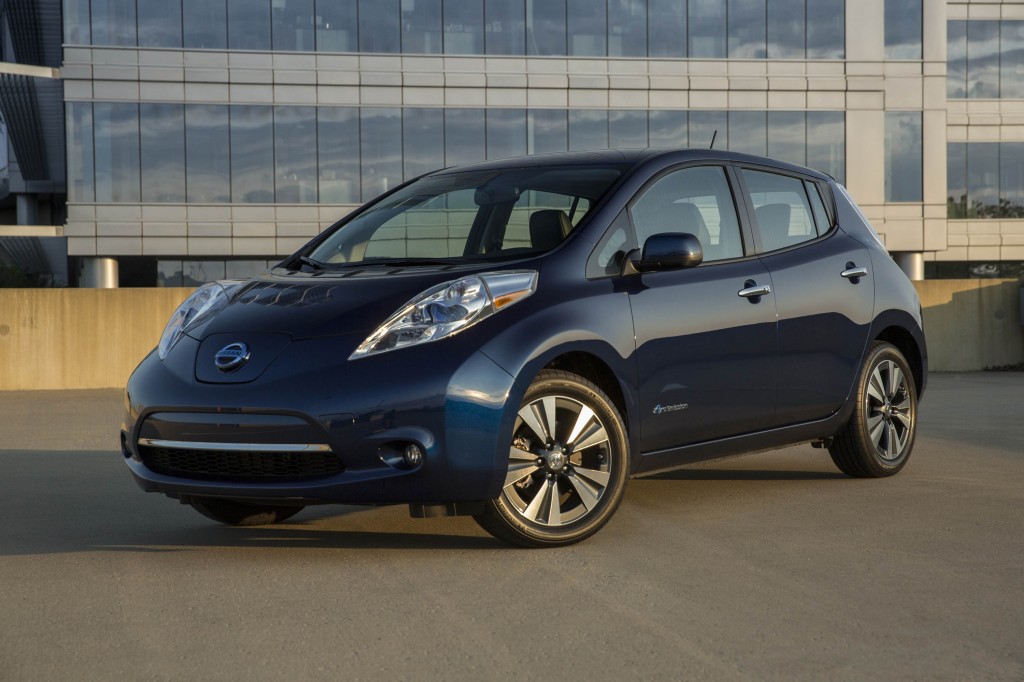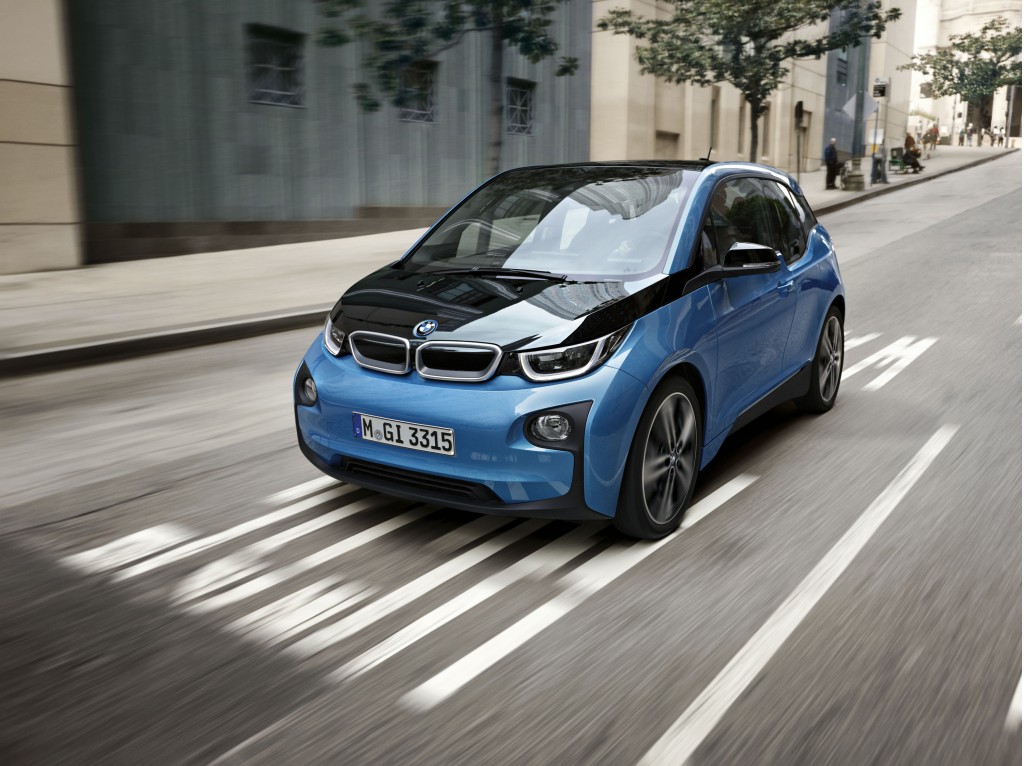Indiana may soon follow Michigan in implementing fees for electric cars, with the stated goal of helping to pay for road repairs.
Michigan is now adding fees for electric cars, as well as plug-in hybrids and battery-electric cars, because they don't burn enough gasoline to generate the same state tax revenue as other vehicles.
Similar reasoning supports a new bill before the Indiana legislature that calls for a $150 annual fee for electric cars registered in the state.
DON'T MISS: Michigan socks hybrid owners with new fees—that don't apply to most hybrids (updated) (Dec 2016)
The new fees for electric cars are being proposed alongside increases to both the gas tax and the registration fees for all vehicles, reports TheIndyChannel.
The bill also calls for a $15 increase in registration fees, which electric-car owners would have to pay on top of the $150 fee.
However, the electric-car fee does not apply to hybrids.

2017 Nissan Leaf
That at least creates a more clear-cut situation than in Michigan, where language in the relevant state law seems to exclude hybrids, even though hybrid owners have been hit with the increased fees.
In addition to higher registration fees, the Indiana bill also proposes raising the gas tax by $0.10 per gallon, from the current $0.18 per gallon.
Based on legislators' assumption that the average Indiana driver covers 12,000 miles per year, the owner of a car achieving 25 mpg combined would pay $134.40 per year with the increased gas tax.
ALSO SEE: NJ electric-car advocacy group launches as gas tax soars
The owner of a standard Toyota Prius hybrid, which is rated at 50 mpg combined, would pay $67.20 annually.
That means an electric-car owner, paying the $150 annual fee, would pay more than either of the hypothetical drivers regularly paying for gasoline.
The bill was introduced by Indiana House Republicans, who believe the electric-car fee could generate $2 million in revenue per year.

2017 BMW i3
The need to recover lost gas-tax revenue has led several states to propose higher gasoline taxes, after years of avoiding such increases for fear of political backlash.
Packages that increase highway funding by raising gas taxes often include fees specifically levied on battery-electric and plug-in hybrid cars, because they can travel several miles or more without using any gasoline at all.
These fees have been met with criticism from electric-car advocates, who worry that they will dissuade potential buyers.
MORE: Why Electric-Car Owners Should Be Happy For New Colorado Tax (May 2013)
But such fees don't have to be at cross purposes with the promotion of electric cars.
Working with electric-car advocates, Colorado legislators created a system in which revenue from fees is split between an infrastructure fund and a fund used for public charging stations.
Such a compromise isn't in the cards for Michigan or Indiana, although perhaps it would make the new fees easier for residents of those states to swallow.
[hat tips: Collin Obremski, ReaMuch]
_______________________________________________












